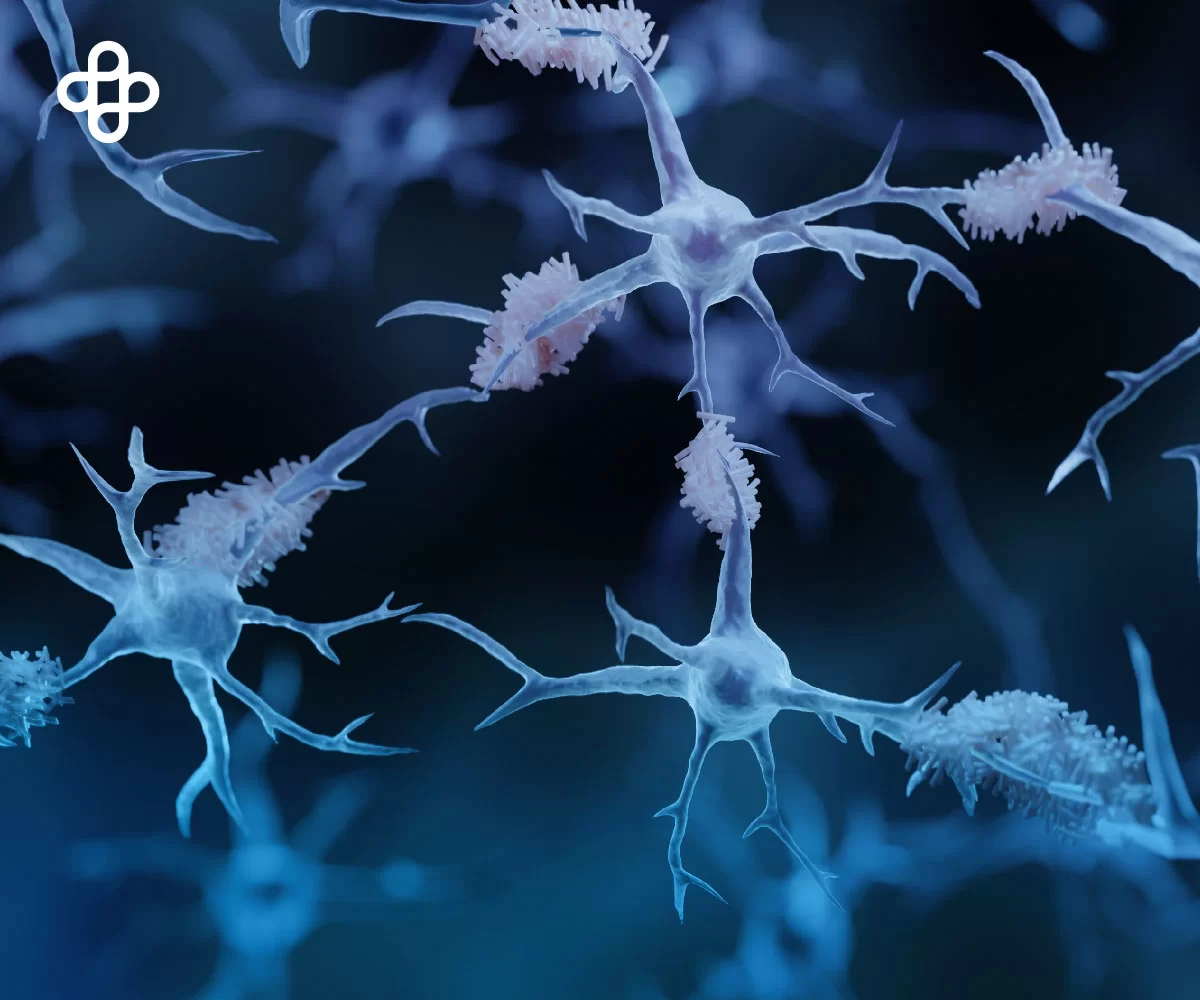Thyroid health is crucial for overall well-being, and regenerative medicine offers new hope for its treatment. Regenerative medicine focuses on repairing or replacing damaged tissues and organs, and in the context of thyroid health, it can provide innovative solutions for disorders affecting the thyroid gland. Here’s what you need to know about how these two fields converge.
The Importance of the Thyroid Gland
The thyroid gland in the neck is responsible for producing hormones that regulate metabolism, energy, and growth. Any dysfunction in the thyroid, such as hypothyroidism or hyperthyroidism, can significantly impact overall health.
Common Thyroid Disorders
Thyroid disorders are common and may include:
- Hypothyroidism: A condition where the thyroid gland doesn’t produce enough hormones, leading to fatigue, weight gain, and depression.
- Hyperthyroidism: A condition where the thyroid produces excessive hormones, resulting in weight loss, nervousness, and irritability.
- Thyroid Nodules: Abnormal growths in the thyroid that can be benign or malignant.
Traditional Treatment Approaches
Traditionally, thyroid disorders are treated with medications, radioactive iodine therapy, or surgery. While effective, these treatments may have side effects and often do not address the root cause of the problem.

Regenerative Medicine: A New Frontier
Regenerative medicine is emerging as a promising alternative for treating thyroid disorders. Cell therapy and tissue engineering techniques are used to regenerate or replace damaged tissues. Please read our article New Therapeutic Perspectives in Regenerative Medicine for Hyperthyroidism
Firstly Cell Therapy
Cell therapy involves using stem cells to repair damaged tissues. Stem cells can differentiate into any cell type, making them ideal for treating various disorders. For thyroid conditions, stem cells may potentially regenerate damaged thyroid tissue, restoring its normal function.
Secondly Tissue Engineering
To create functional tissues, tissue engineering combines cells, scaffolding materials, and biochemical factors. This could involve creating artificial thyroid tissue that researchers can transplant to replace damaged or dysfunctional tissue.
Research on stem cells can potentially revolutionize the treatment of multiple diseases, including thyroid disorders.
Advances and Research
Research in regenerative medicine applied to thyroid health is still in its early stages, but preliminary results are promising. Studies have shown that stem cells can integrate into thyroid tissue and improve its function.
Potential Benefits
The benefits of regenerative medicine in treating thyroid disorders include:
- Reduced Side Effects: Unlike traditional treatments, regenerative medicine may offer more natural and less invasive solutions.
- Addressing the Underlying Cause: Instead of merely managing symptoms, regenerative medicine can target the root cause of thyroid disorders.
- Improved Quality of Life: Patients may experience a significant improvement in quality of life by restoring normal thyroid function.
Challenges and Considerations
While regenerative medicine holds great promise, it also presents challenges, including:
- Ethics and Regulation: Using stem cells raises ethical questions and requires strict regulation.
- Cost: Regenerative medicine treatments can be expensive and are not always covered by insurance. Contact me for reasonably priced options.
- Ongoing Research: More research is needed to ensure these treatments’ long-term efficacy and safety.
The Future of Regenerative Medicine in Thyroid Health
The future of regenerative medicine in treating thyroid disorders is exciting. As research and technology continue to advance, we can expect to see more effective and accessible treatments that could transform how we approach these disorders.
Conclusion
In conclusion, combining thyroid health and regenerative medicine represents a new horizon in treating thyroid disorders. With ongoing advances in this area, we can expect significant improvements in treatment options and patient quality of life.
Finally, visit our article New Therapeutic Perspectives in Regenerative Medicine for Hyperthyroidism.





